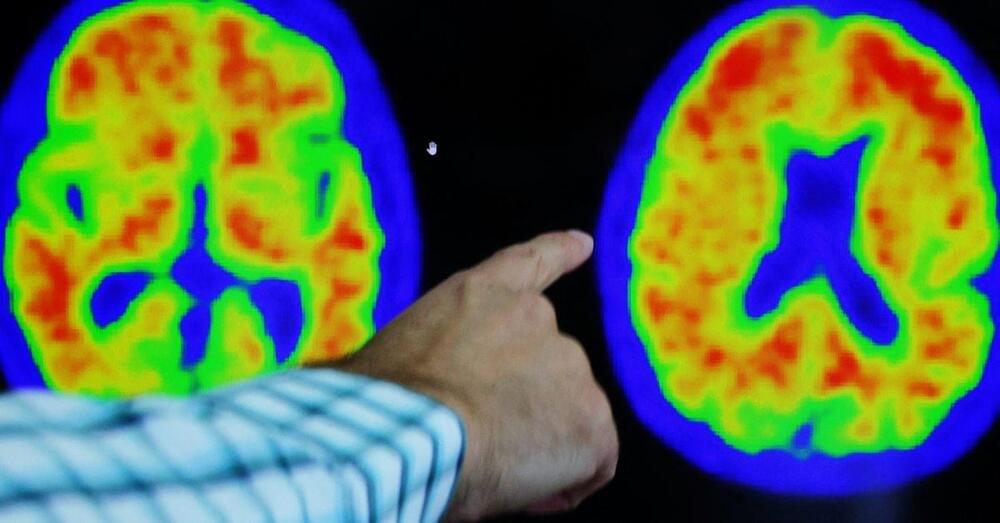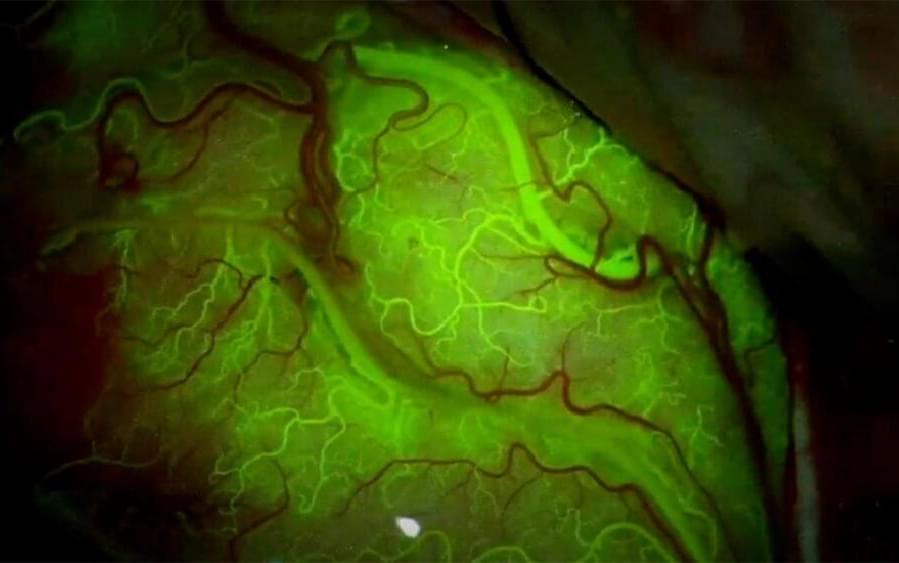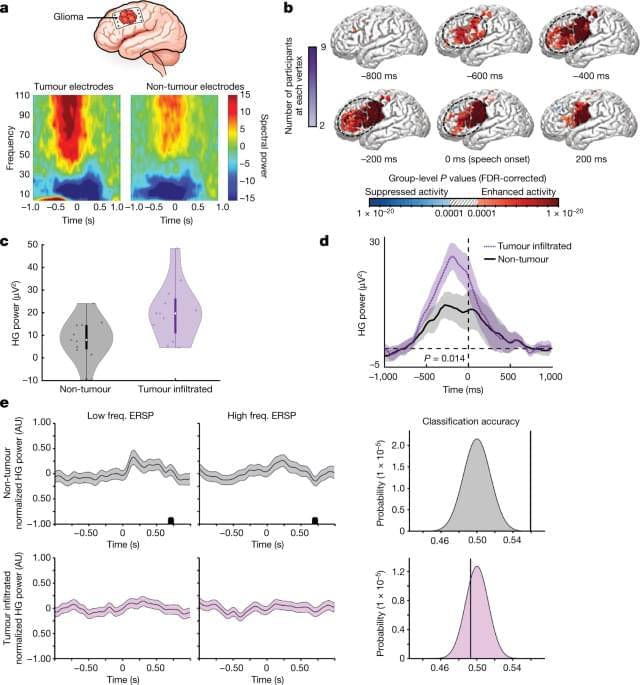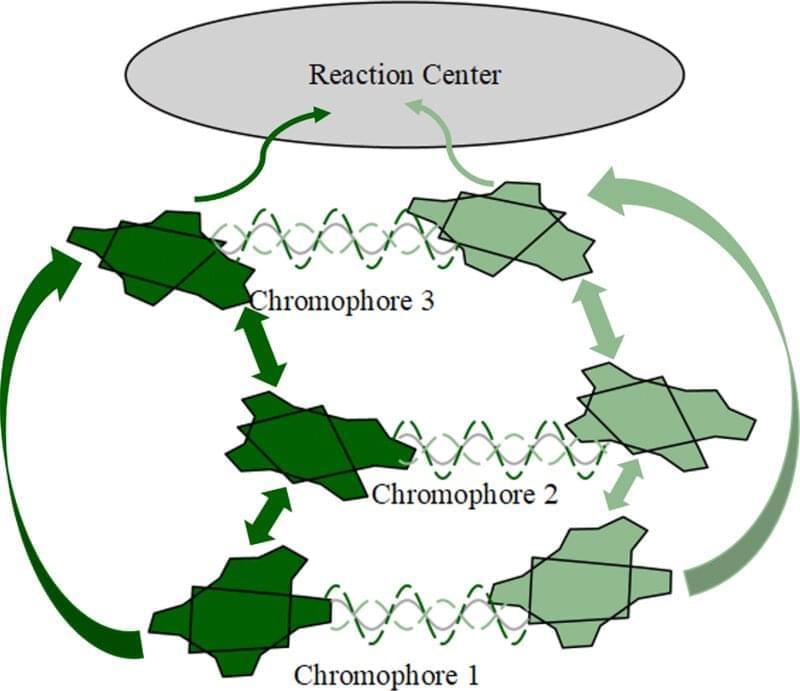
CHICAGO, May 3 (Reuters) — An experimental Alzheimer’s drug developed by Eli Lilly and Co (LLY.N) slowed cognitive decline by 35% in a late-stage trial, the company said on Wednesday, providing what experts say is the strongest evidence yet that removing sticky amyloid plaques from the brain benefits patients with the fatal disease.
Lilly’s drug, donanemab, met all goals of the trial, the company said. It slowed progression of Alzheimer’s by 35% compared to a placebo in 1,182 people with early-stage disease whose brains had deposits of two key Alzheimer’s proteins, beta amyloid as well as intermediate levels of tau, a protein linked with disease progression and brain cell death.
The study also evaluated the drug in 552 patients with high levels of tau and found that when both groups were combined, donanemab slowed progression by 29% based on a commonly used scale of dementia progression known as the Clinical Dementia Rating Scale (CDR-SB).


















